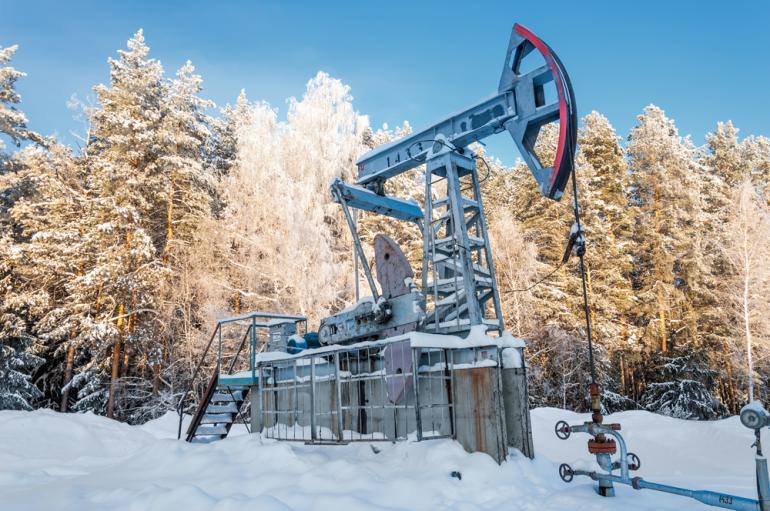
SUSTAINABLE RUSSIAN OIL

According to BLOOMBERG, for Russian oil companies, the value of the ruble matters more than the price of a barrel.
While OPEC celebrates the rebound in crude, Rosneft OJSC and Lukoil PJSC must keep one eye on the stronger Russian currency. That’s because the ruble’s 12 percent gain this year against the dollar transmits more directly to earnings than the oil-price windfall, which largely ends up swelling the Kremlin’s coffers, according to Ildar Davletshin, an analyst at Renaissance Capital.
“Ruble moves are more important than oil price moves at this stage,” said Moscow-based Davletshin.
Alexander Dyukov, chief executive officer of Gazprom Neft PJSC, confirmed Davletshin's analysis, saying 90 cents out of every $1 gain in crude price goes to the government. While taxes have siphoned off most of the benefits from the more than 75 percent jump in crude since January, the stronger currency has increased drilling and other costs denominated in rubles, curbing margins for Russian producers.
The press service of Rosneft, Russia's biggest producer, declined to comment.
Weathering Rout
OPEC decided to defend market share rather than support prices in November 2014, creating a supply glut that caused crude to collapse. That was the same month the Kremlin let the ruble float, and Russia's currency lost 20 percent of its value the following year.
The ruble depreciation allowed investments in Russia's oil industry to remain attractive, Lukoil CEO Vagit Alekperov said in St Petersburg. It helped exporters, who earn money in dollars but pay costs in rubles, to weather the rout on crude markets.
"We are an export-oriented sector," Dyukov of Gazprom Neft, which is Russia's fourth-biggest oil producer, said on Thursday at a conference in St Petersburg. "If the national currency loses value, we gain on costs."
The tax system also helped. On normal crude exports, the Russian government takes nearly everything above $30 to $40 a barrel. That blunts the impact of falling prices for companies, sheltering them from most of the oil slump over the past two years. Brent crude, the international benchmark, traded at about $48 Friday.
Rosneft generated about $1.5 billion of free cash flow in the first quarter of this year, compared with negative flows at Chevron Corp. and Royal Dutch Shell Plc. Lukoil generated 36 billion rubles ($550 million) of free cash flow in that period.
Russian Resilience
Russia's oil industry is "very resilient," BP Plc CEO Bob Dudley said in St. Petersburg on Thursday. The nation's resources are competitively priced and floating the currency has been helpful for costs, he said while announcing a new exploration joint-venture with Rosneft.
The London-based company has found a haven in Russia, buttressed by a falling ruble, lower taxes and low operating costs. It earned 22 percent of adjusted pretax profit from its share in Moscow-based Rosneft last year, the most since it acquired a 19.75 percent stake in the Russian oil giant in 2013.
While the government has said it will seek to prevent further "sharp" gains in the currency, the ruble is trading at just under 66 to the dollar, compared with almost 86 in January. That means part of the dynamic that helped the country's producers withstand the slump has already reversed.
"Right now the ruble is strengthening at a weaker pace than oil is rising," but only by a little bit, said Alexander Korsik, CEO of Bashneft PJSC. "For us the most important thing is the oil price in rubles."
-----
Earlier:





